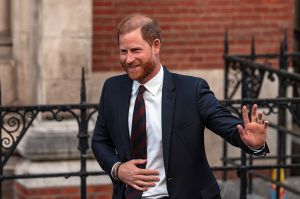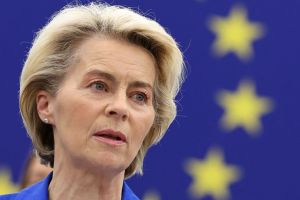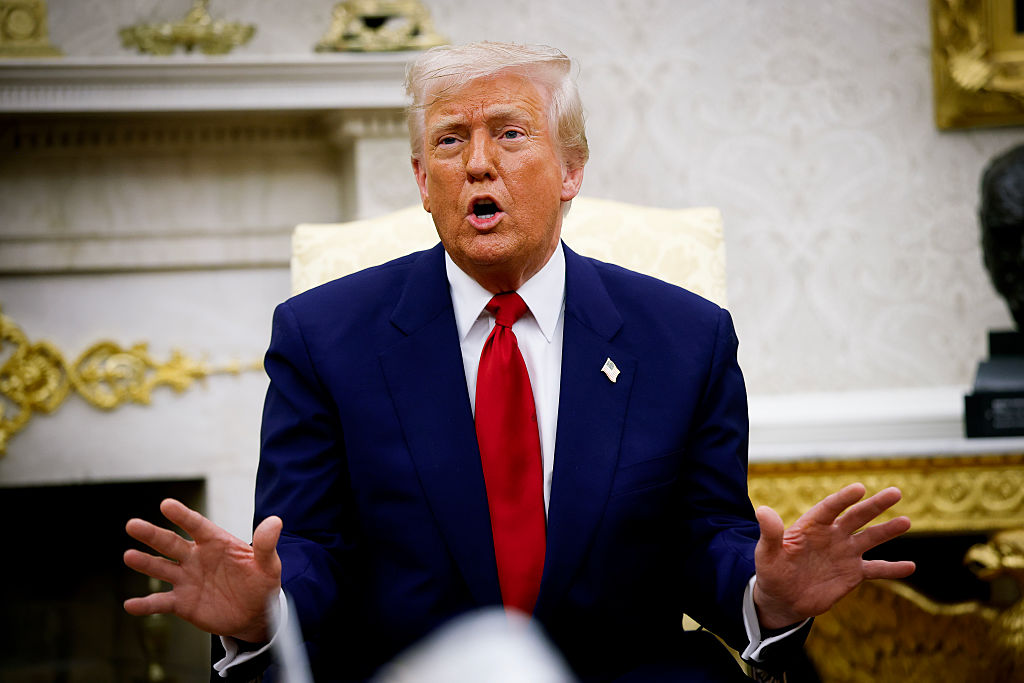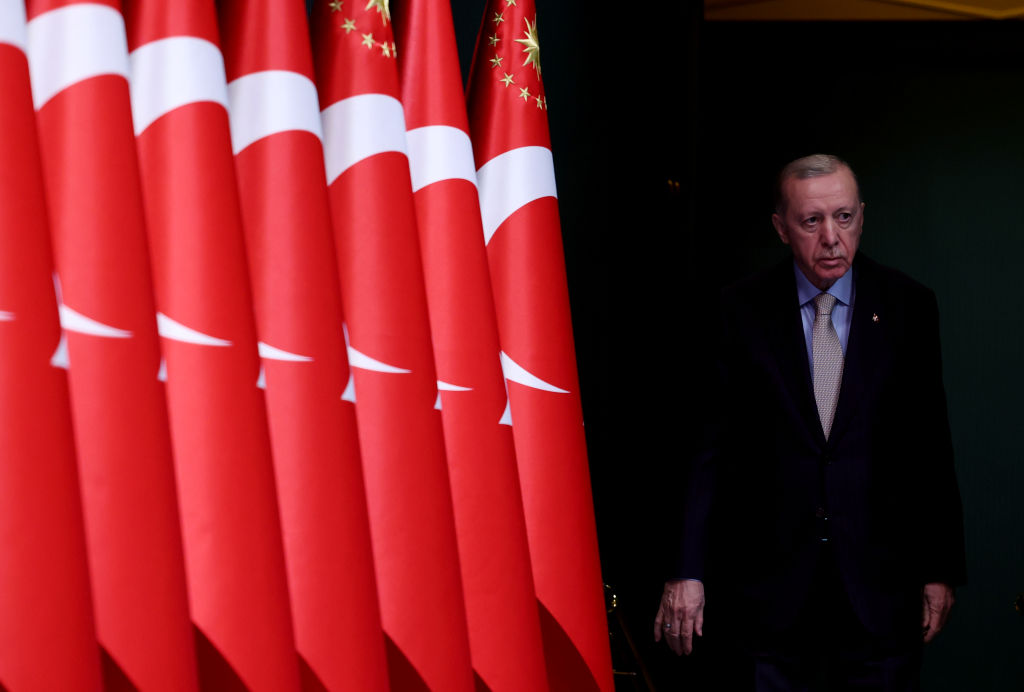For decades, the European Union was dominated by a combination of French élan and German economic clout. By the late 2010s, a conservative Budapest-Warsaw alliance seemed poised to challenge this arrangement. The ideological firepower was supplied by Hungarian prime minister Viktor Orbán, who emerged as an unlikely spokesman for the international right, while Poland’s booming economy and large population lent the partnership some much needed heft.
The Polish elections in mid-October not only marked the end of the Law and Justice party’s near-decade of conservative rule; they offered another blow to a Polish-Hungarian relationship already fraying over the war in Ukraine. Donald Tusk, an EU-phile and the likely next Polish prime minister, will look to Brussels and Berlin for guidance, not to Budapest.
The recent Polish-Hungarian association was not just an alliance of convenience; their historic affinity stems from shared experiences under foreign rule. The most recent, of course, was their shared experience of Soviet domination after World War Two, but even that had echoes of earlier times. Hungarian students launched the 1956 uprising against the Soviet Union in the shadow of a statue commemorating Józef Bem, the Polish general who led a Hungarian revolution against the Habsburgs.
Poland and Hungary are both proud nations which have endured a succession of foreign occupiers, which helps explain their shared antipathy to EU overreach. But they have drawn different lessons from their experiences. Law and Justice and Donald Tusk’s Civic Platform party agree on little, but both see Poland as a leading nation within the Western alliance. From the French Revolution to the Solidarity movement of the 1980s, Poles have self-consciously embraced their role as defenders of Western values. Bem exemplifies this tendency. Before fighting for Hungary, he served under Napoleon and joined national uprisings in Poland and Portugal. “For your freedom and ours,” is famously one of Poland’s national mottos. The forceful Polish response to the Russian invasion of Ukraine is deeply connected to this worldview — it is also one of the few policies likely to survive the transfer of power late this year.
The Hungarians have taken a different lesson from history. Instead of positioning his country as a defender of the Western-led order, Orbán has predicted the rise of a multipolar world. The prime minister’s decision to maintain ties with Moscow and his courtship of regimes from Central Asia to the Far East reflect this pragmatic assessment. National survival, not a romantic but woolly-headed defense of Europe or Western values, is what occupies Hungary’s conservative establishment.
While the goodwill between the two countries may endure, geography has no doubt played a part in the remaking of the relationship. Poland, which borders the Russian exclave of Kaliningrad on the Baltic and Russia’s client state Belarus, feels the military threat from the East much more acutely than does Hungary. Dig deeper and you can see how the brutal twentieth-century redrawing of European borders had different effects on each national psyche. Hungary, which was stripped of considerable territory after World War One, still pines for her lost provinces. Orbán has cannily played on this sense of national victimhood, fostering ties with Hungarian communities abroad (including in Ukraine) and making symbolic gestures that recall Hungary’s past glories. Geopolitically savvy authors have picked up on these differing national outlooks. In John le Carré’s The Secret Pilgrim, Polish agents behind the Iron Curtain are gallant, romantic figures, while a Hungarian professor subsidized by MI6 won’t stop obsessing over his home country’s lost territories — just as Orbán does. To put it more charitably, the conservative parties in each country have drawn different conclusions from history. Poland has opted for an assertive role in the Western alliance; Hungary prefers a careful balancing of foreign interests.
Poland has beefed up military spending, sent arms to Kyiv and publicly dismissed the idea of Ukraine’s trading land for peace. Hungary’s response, meanwhile, has been relatively muted. Orbán recently met with Vladimir Putin in Moscow and maintains economic links to a regime that is conspicuously unwelcome elsewhere in Europe. Notably, Hungary still relies on Russian technology for its Paks nuclear power plant and imports large amounts of Russian natural gas.
Polish-Hungarian friendship day is still celebrated annually in Budapest, and bonds of affection and fellow-feeling between the two countries will doubtless endure. But this fundamental difference of opinion about the twenty-first-century world order has yet to be resolved. Are the nations of Eastern Europe poised to play a leading role in a revitalized, Western-led order? Or are they better served seeking their own paths in an increasingly fractured world?
On the eve of World War Two, during the uncertain interlude between the Nazi dismemberment of Czechoslovakia and the Blitzkrieg, Poland and Hungary briefly found themselves in possession of a shared border. To commemorate the occasion, Polish and Hungarian officers met in an obscure Carpathian pass to open a bottle of Champagne. This gesture, equal parts clueless and romantic, typifies the affectionate relationship between the two nations. Hungary sat out the Nazi invasion of Poland, despite an ill-fated alliance with Germany. Now that Tusk and his victorious coalition are in charge, Poland is preparing to toast to the German-led EU. It could be the greatest test yet of a friendship that has survived centuries of history’s greatest tragedies.
This article was originally published in The Spectator’s December 2023 World edition.


























Leave a Reply